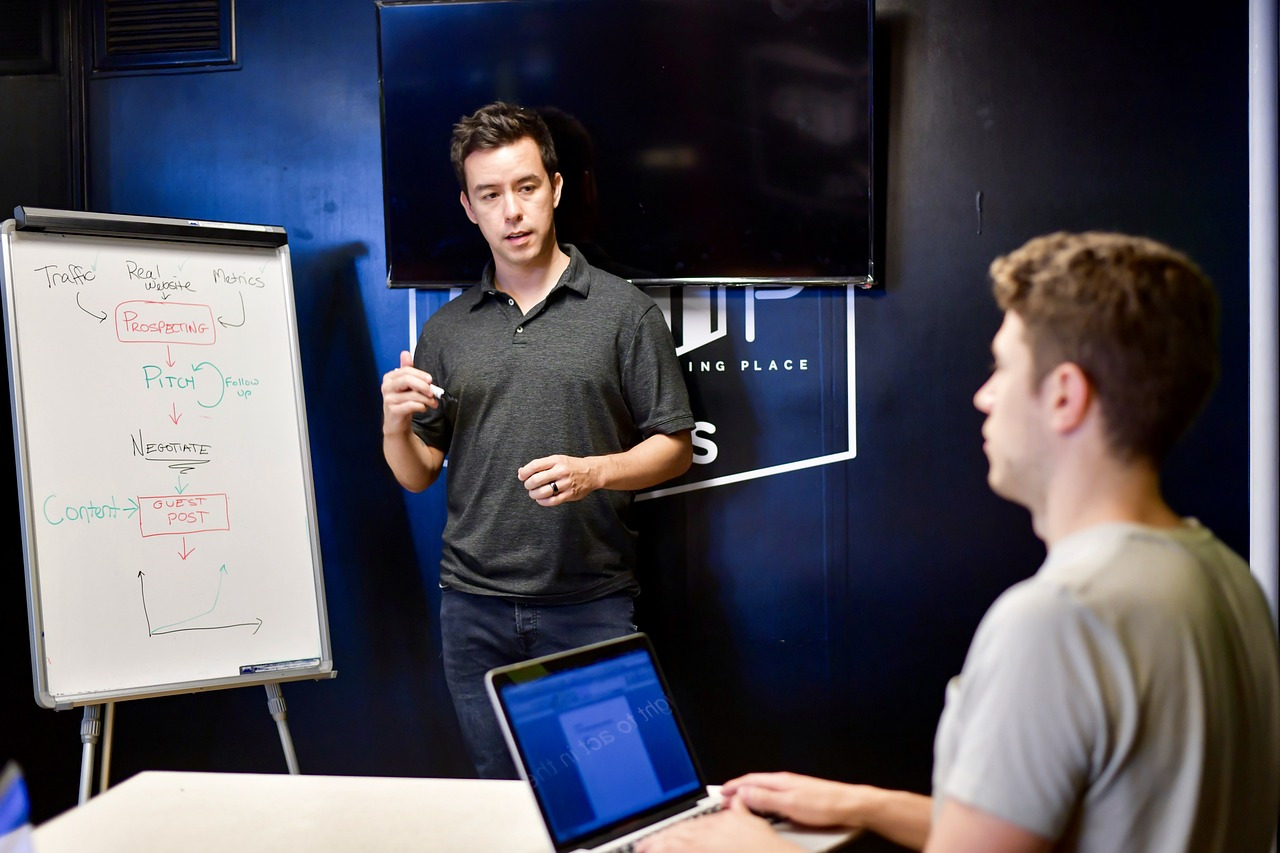DevOps engineering has become a familiar role in the IT field. DevOps engineers hold many critical positions in many tech businesses and firms. So, what does a day in the life of a DevOps engineer look like?
What are the detailed tasks that DevOps engineers do every day? I will share with you all these tasks based on my daily stories working in this position.
Now let’s dwell straight in!
An Overview of DevOps Engineering
DevOps is a critical part of the software development process. It aims at improving the efficiency of the software and helps deploy it faster. This process will help businesses produce products with higher quality.
DevOps engineers are responsible for developing and running IT systems for businesses. These engineers help companies save costs and reduce the time of the project cycles.
You can consider this role as a bridge between coding teams and developers. The devOps engineers will work closely with these two departments in a business to operate the whole system.
Therefore, this role requires a deep understanding of software development. The engineers must master coding languages and the tools for building software.

As a DevOps engineer, I have to handle many different jobs in a tech company. The sections below will bring you more insights.
Workplace and Job Overview
I’m currently working for a tech company that specializes in building software applications. They are the tools that help users manage their time and schedule.
My company also expands its impact by building gaming apps and studying software. As a DevOps engineer, I work with other IT experts to build projects.
The specific tasks I perform will vary based on the type and scale of the project I’m handling. Here are some typical examples of my daily activities.
- Research new features and ideas for building and developing the projects
- Assist the other IT experts in building the software apps
- Ensure that the developing process goes on smoothly and meets the deadlines
- Test and assess the quality of the newly built product
- Monitor the operation of the product and increase its quality
1. Work Report (8:30 AM)
My company’s working schedule starts at 8:30 AM and ends at 5:30 PM. I can attend the work office 30 minutes early to prepare for my work.
There’s an online platform where all employees can exchange ideas and report on their progress. I log in to the platform and review tasks I’m working on.
My team is handling a software development project. It’s an app that helps students set up learning schedules and track their learning times.
2. New Plans & Ideas (9:00 AM)
I usually will design a clear roadmap for developing the assigned application. Therefore, I started by brainstorming all the ideas used for the app. I also research the competitors and focus on the features that help them excel.
Then, I will summarize all the ideas and build an idea visualization. After building a road map, I will consult the other DevOps developers for further solutions.

3. Debugging & Testing (10:00 AM)
The developing team will review all the ideas and finalize the roadmap. Then, the manager will assign each member specific parts in building the app.
I’m assigned the task of testing the source codes and assisting the other developers in building the project. If a member encounters some coding errors, I will help them find proper solutions.
I also spend most of my day working with other professionals. I will help exchange ideas and facilitate their working process. The goal is to improve the app’s functionality and cut down on development time.
4. Project Development (1:00 PM)
All employees have one hour for lunch and relaxation before returning to work at 1:00 PM. My afternoon schedule features the same tasks as the morning work.
I will keep up with my role in the projects by assisting the other software developers. When a developer finishes a source code, they will submit it to the company’s platform.
Then, I will review the project and use coding languages to test it. If there are any errors, I will inform the developers and request an adjustment.
The time it takes to develop an application depends on its scale. For large-scale projects, I may have to spend many days researching ideas.
Besides building software, I also monitor and test the products. I will research new solutions that can help improve their competitiveness.

5. Progress Report (5:30 PM)
I finish work at 5:30 PM. My job before that is to report progress to the manager as well as complete the daily timeline for my work before leaving the office.
Is DevOps Engineering For You?
According to ComputerCareers.org, with an annual average salary of $117,660, DevOps engineering is one of the most rewarding roles in IT.
Besides the competitive salary, DevOps engineers feature a clear development roadmap. You can devote your time to advance in this domain fast.
For instance, mastering a coding language and tools is an indispensable skill for DevOps engineers. So, you must build a solid foundation in programming.
Also, DevOps engineers have to work with experts from many other IT domains. So, you need to be good at teamwork to communicate with other professionals.
Lastly, DevOps engineers must be meticulous with small details and have high responsibility. If you love DevOps technology and building digital assets, this career is an excellent choice to consider.

Final Thoughts
There will be a lot of IT systems and software developed in the future. So, companies will always need DevOps engineers to optimize these digital assets.
Therefore, the career prospects of DevOps engineers are very bright. It also brings a chance to work and learn from other IT experts. If you have suitable skills, don’t hesitate to pursue DevOps engineering.
Thank you for reading!
